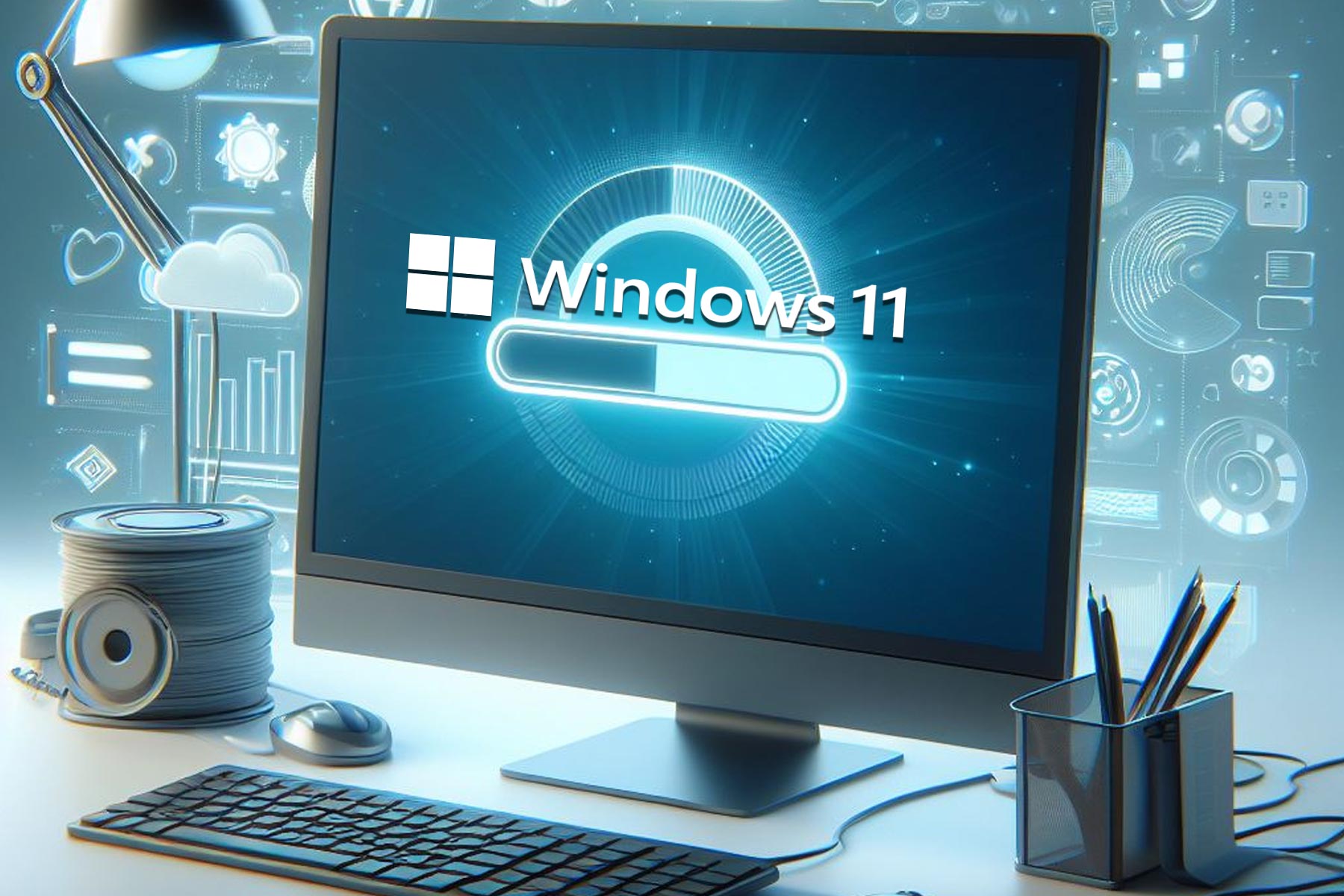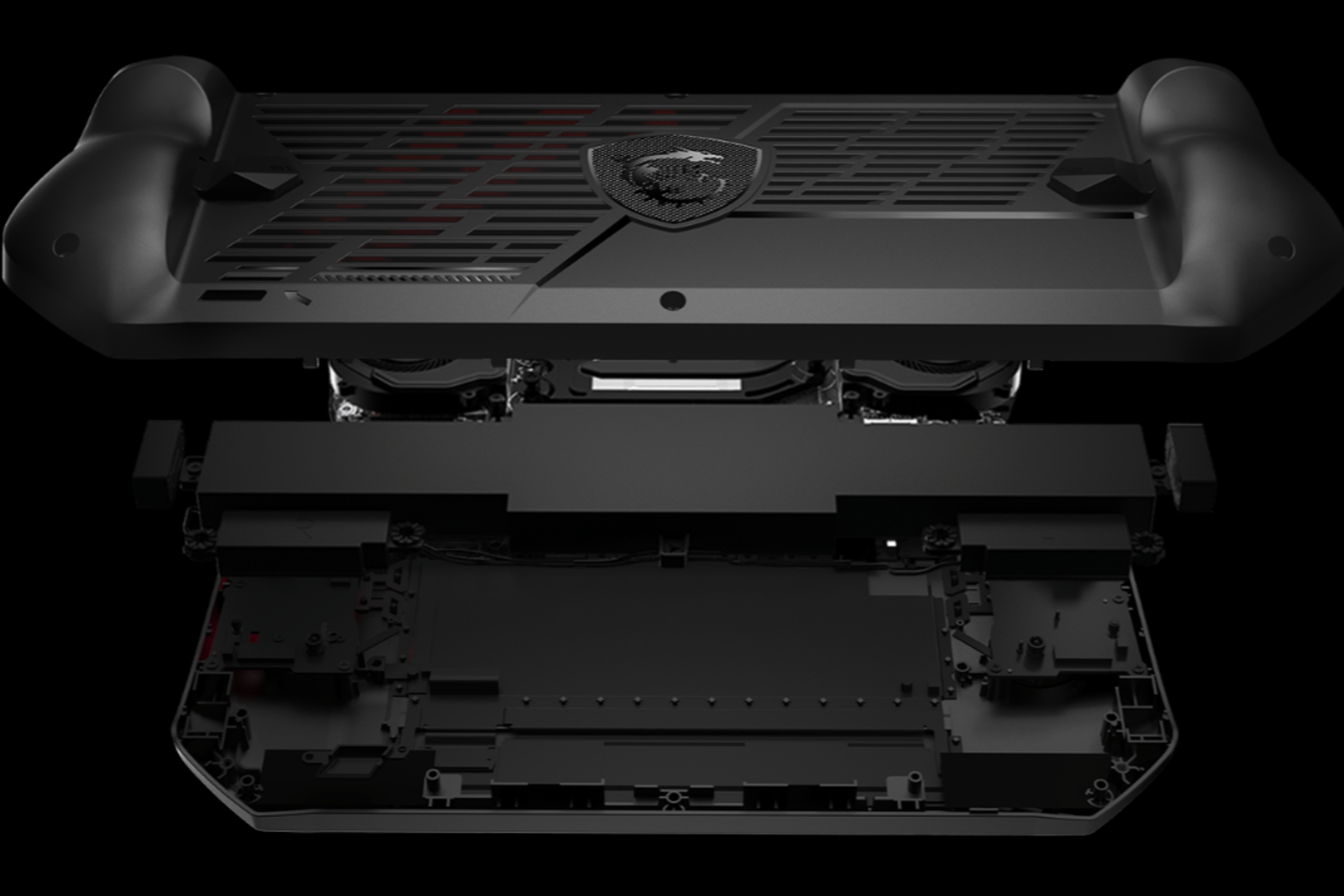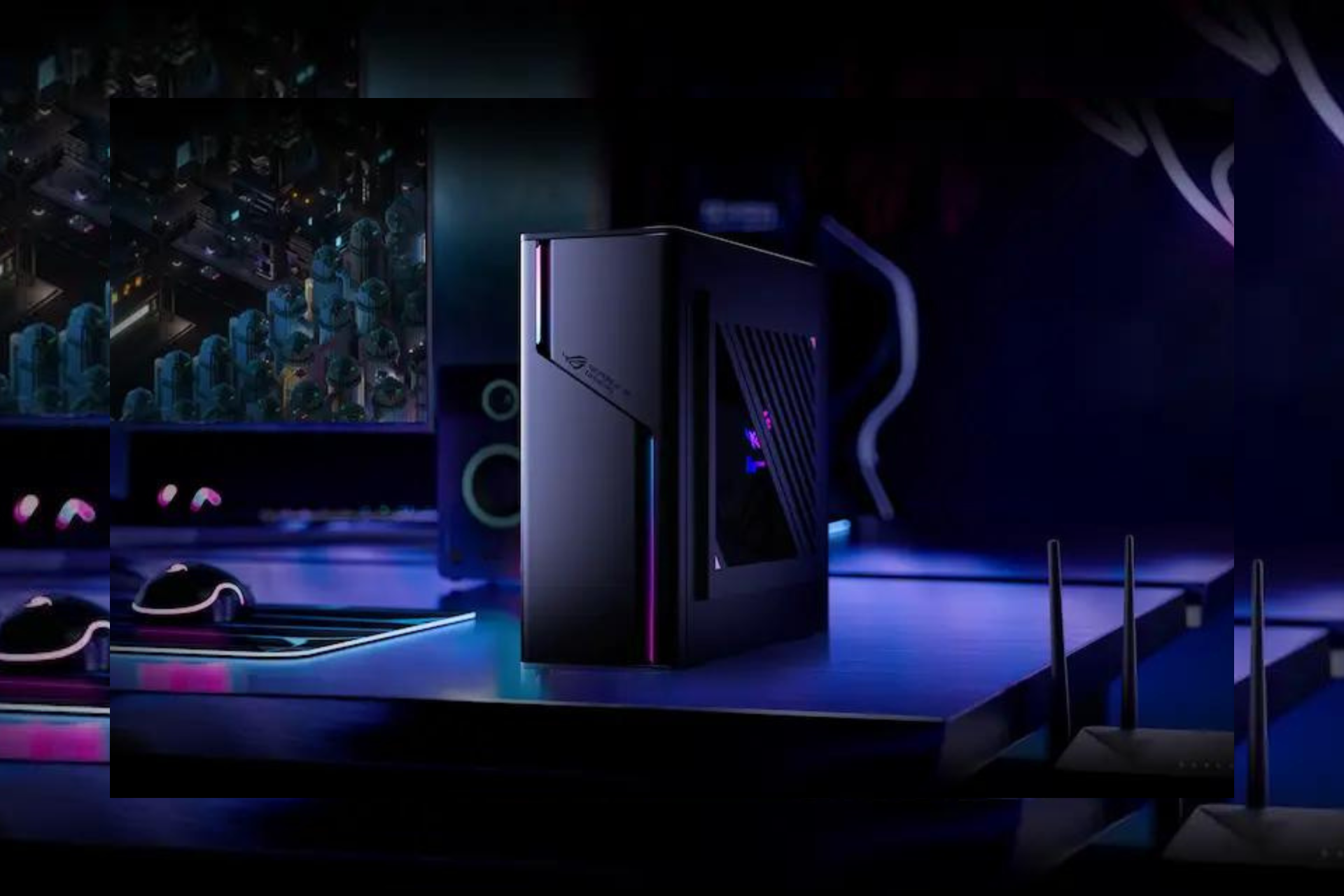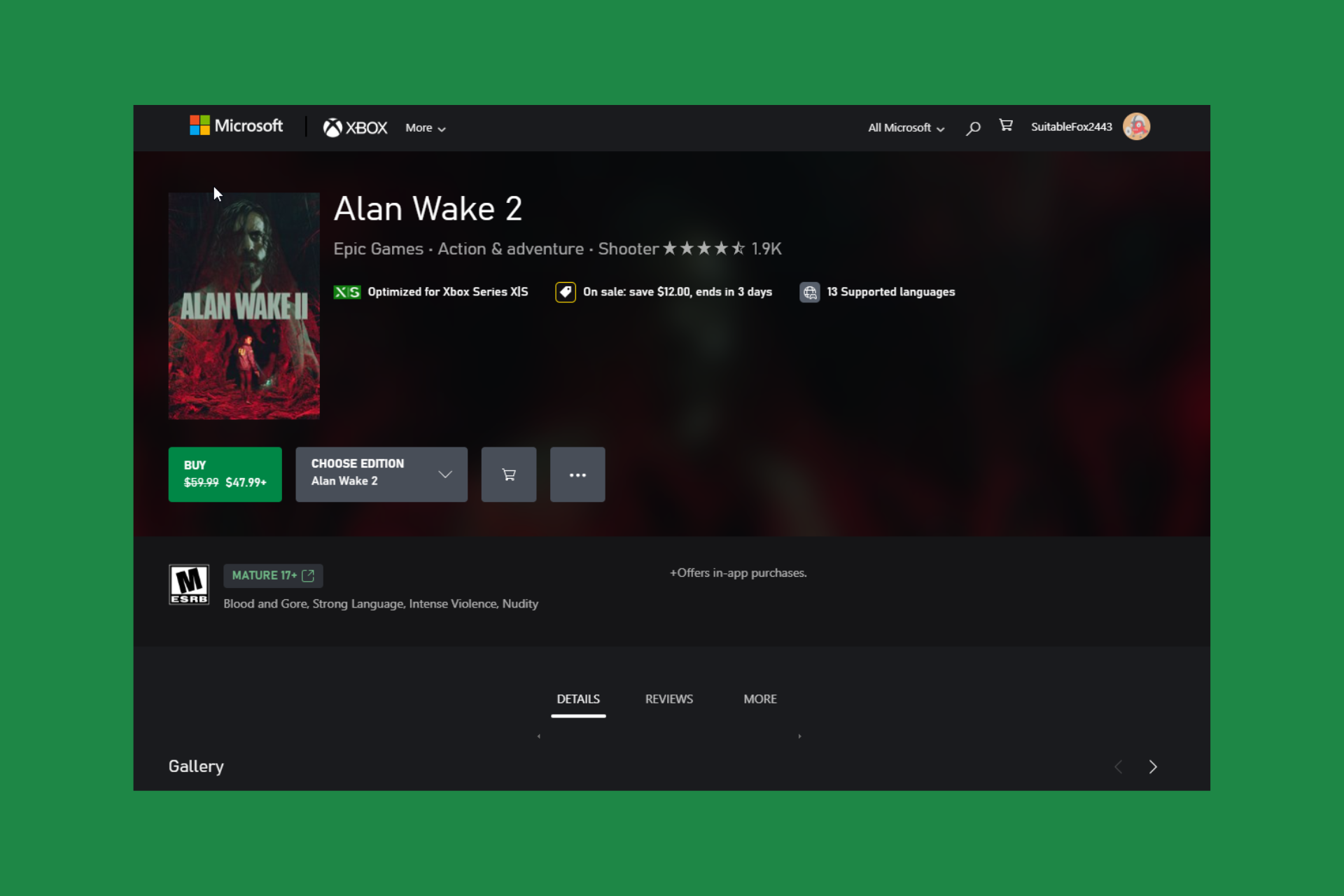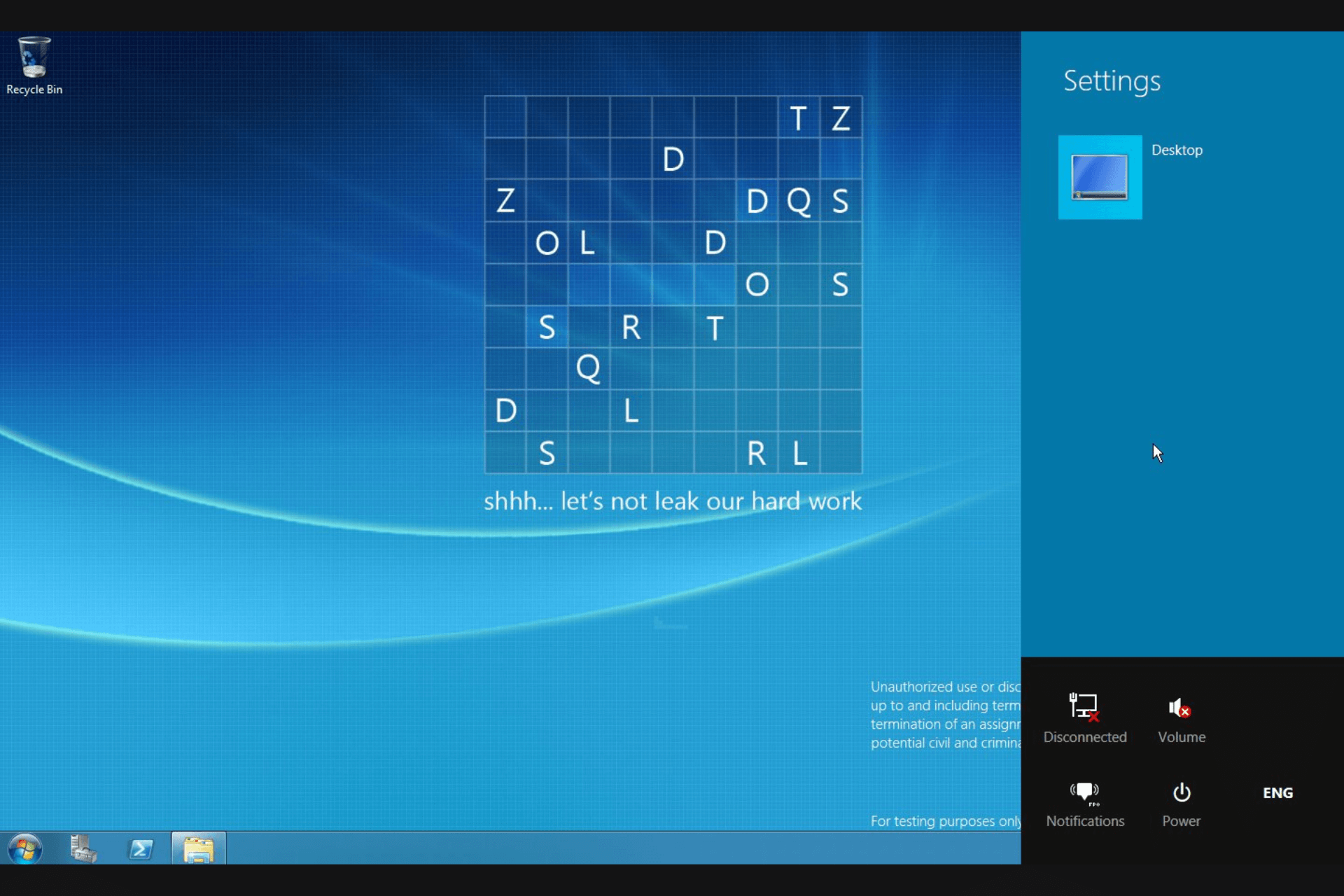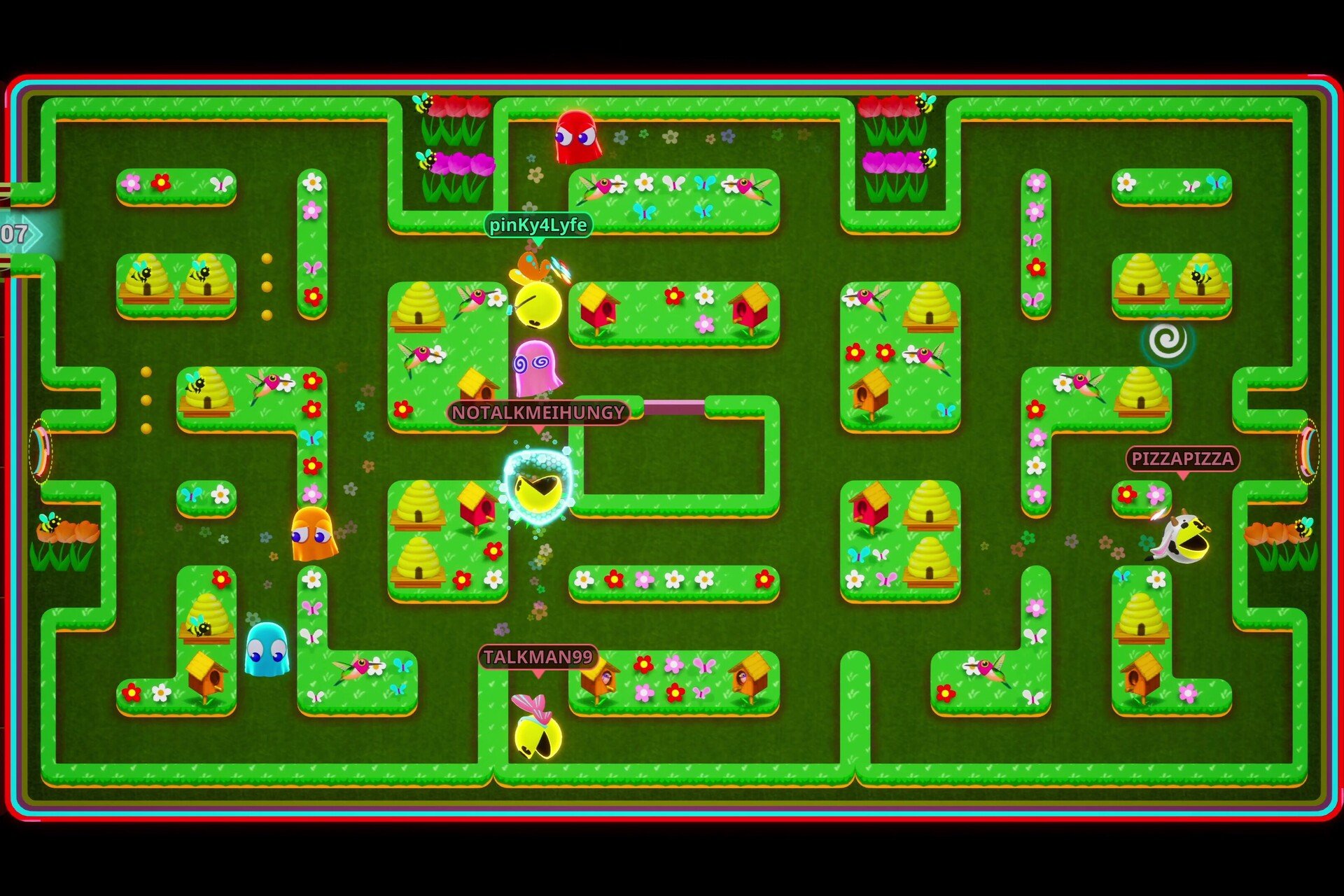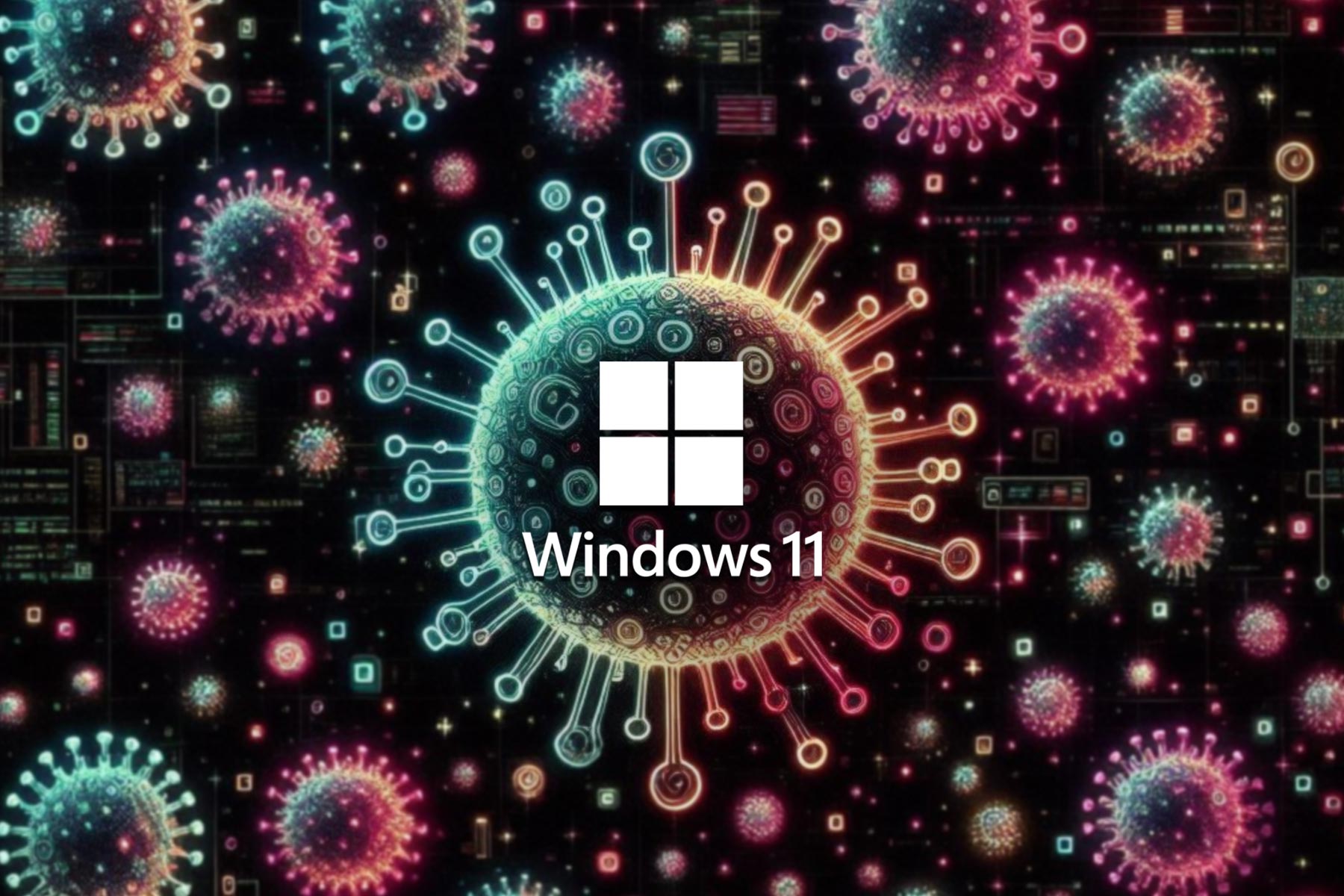Opera memory usage reduced thanks to new Blink improvements and features
3 min. read
Published on
Read our disclosure page to find out how can you help Windows Report sustain the editorial team Read more
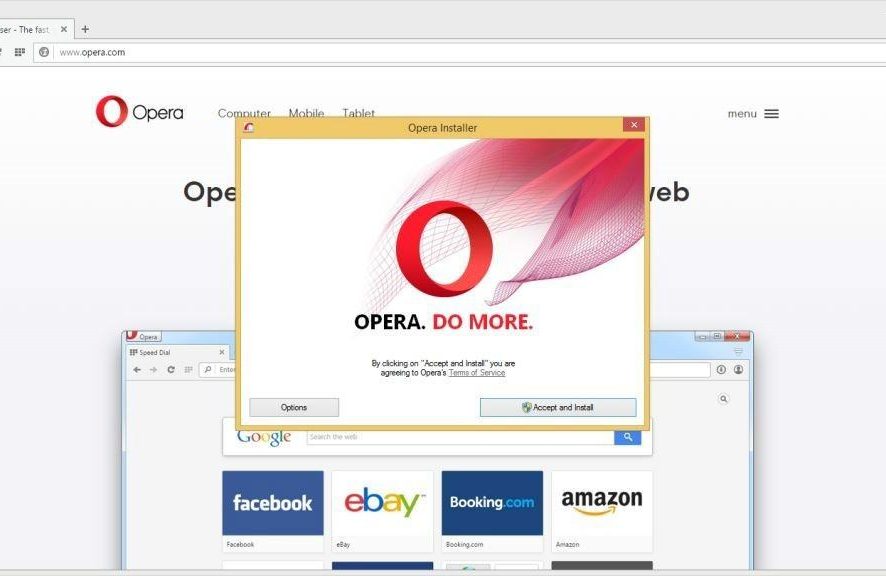
If you’re a Firefox or Chrome user, then you might not think the very best about Opera. But this browser is quite good in our opinion, and its developers are working hard every day to make it better.
Daniel Bratell, one of the developers at Opera, points out the reduced memory consumption of the browser through a feature named heap compaction. It is is meant to reduce the memory used on sites so you can have as many tabs as you want open without any lagging when you’re trying to switch tabs.
This feature was first available in the Opera 39 Beta version, but now they are adding heap compaction into the Blink project. So, even Chrome will have this feature since Google’s browser is also a part of the Blink project.
If you don’t understand what this feature does, Daniel Bratell simplified it for us by comparing the memory used by the browser with plates in a cupboard. We’ll let him explain it better:
“To put it simply, if you insert plates of different sizes haphazardly into a cupboard, it will be hard to use all the available space. If you stack them orderly, it will be more efficient, but it will also take more time to do so. And, since we put the plates (i.e., memory) in and remove them from the cupboard all the time, we unfortunately can’t spend much time on making it look pretty. The same thing happens with the memory management. To solve this, we have added a cleanup phase to the “plate” management inside Blink which we call heap compaction. It reorders the memory to use less RAM, make the future memory operations faster… and look pretty too.”
Heap compaction was tested by the developers by pulling up popular sites like Gmail, Wikipedia, New York Times and Amazon. They then compared how much memory the browser saved with and without heap compaction. They were very pleased with the results.
It seems that after 15 minutes of running the sites, Wikipedia only used 2.4 MB compared to 4 MB without the feature, New York Times used 4 MB rather than 9 MB, Amazon used 2.5 MB compared to 5.7 MB, and Gmail used 2.3 MB of memory whereas without heap compaction it would have used 6.8 MB.
The Opera team also confirms that its is working hard with their associates from Google to create the best user experience for fans of the Blink project.
RELATED STORIES TO CHECK OUT:

